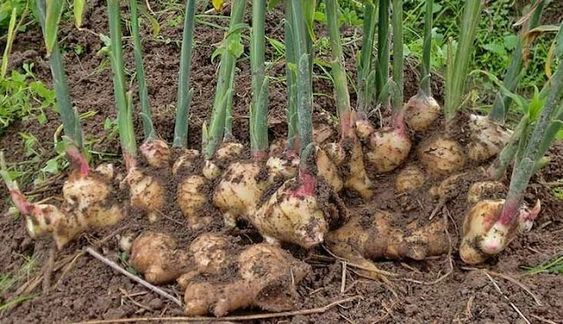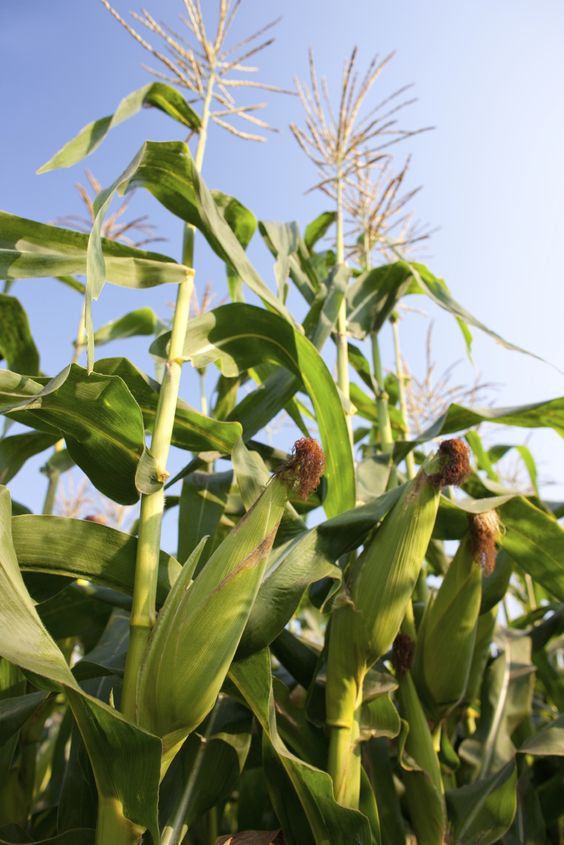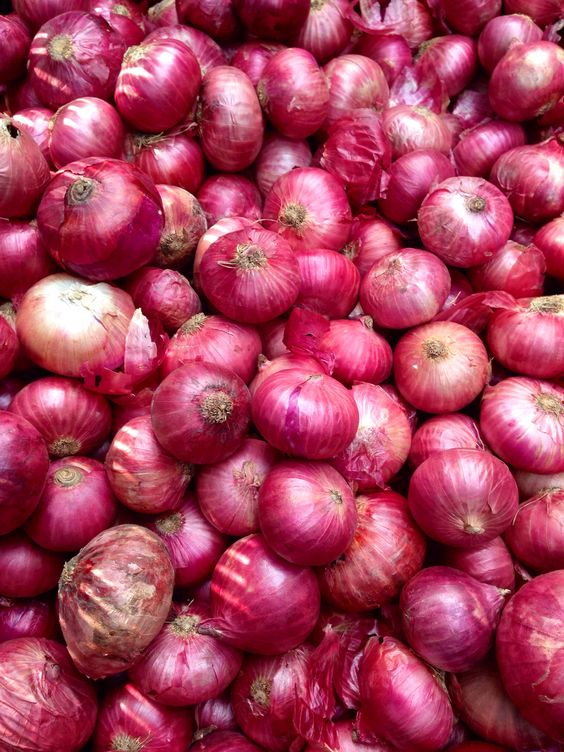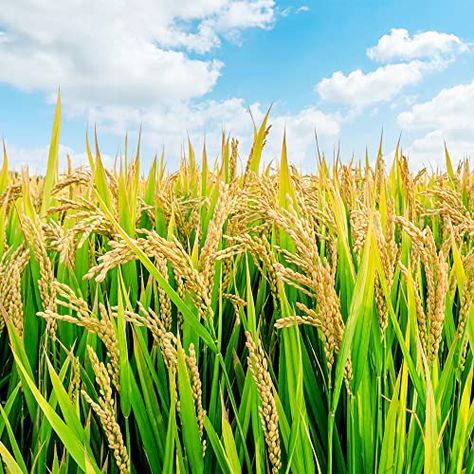Fresh Ginger: A pungent root with a Smart Agricultural Future
Fresh Ginger, a flowering plant with a knobby, aromatic rhizome, is a staple spice across countless cuisines globally. Beyond its culinary uses, ginger boasts a rich history in traditional medicine and is gaining traction for its potential health benefits. This surge in demand, coupled with the ever-evolving field of Smart Agriculture, presents exciting opportunities for ginger cultivation in the agricultural sector.
Introduction to Smart Agriculture and Ginger
Smart Agriculture, a concept encompassing the application of technology to enhance agricultural practices, offers a multitude of benefits for ginger production. By leveraging data-driven insights, automation, and precision techniques, Smart Agriculture empowers farmers to optimize yields, improve resource management, and ensure the quality and consistency of their ginger crops.
Embracing Technology for Ginger Cultivation
Precision Irrigation: Ginger thrives in consistently moist soil, but overwatering can lead to rot. Smart irrigation systems equipped with soil moisture sensors can deliver water exactly when and where it’s needed, promoting optimal growth while conserving precious water resources.
Real-time Monitoring: Wireless sensor networks can monitor environmental factors like temperature, humidity, and light levels in real-time. This data allows farmers to make informed decisions about adjusting growing conditions or employing protective measures against adverse weather events.
Automated Disease and Pest Management: Smart traps equipped with image recognition software can identify and track pests in real-time, enabling targeted interventions before infestations become widespread. Similarly, disease outbreaks can be monitored using hyperspectral imaging, allowing for early detection and treatment.
Traceability and Transparency: Blockchain technology can be employed to track ginger from farm to fork, providing consumers with transparent information about the origin, quality, and sustainability practices employed in its cultivation. This fosters trust and potentially commands premium prices for ethically sourced ginger.
Robotics and Automation: Repetitive tasks like planting, weeding, and harvesting can be automated using agricultural robots. This not only reduces labor costs but also alleviates the physical strain on farmers, particularly in large-scale ginger cultivation.
Data-driven Decision Making: Smart Agriculture platforms aggregate data from various sources, including weather forecasts, market trends, and historical yield data. This empowers farmers to make data-driven decisions regarding planting schedules, resource allocation, and fertilization strategies, optimizing both yield and resource efficiency.
The Role of AI in Fresh Ginger Production
Artificial intelligence (AI) is poised to play a transformative role in the future of ginger cultivation. AI algorithms can analyze vast datasets to identify patterns and predict potential issues like disease outbreaks or nutrient deficiencies. This allows for preventive measures to be taken, minimizing crop losses and enhancing overall ginger production efficiency.
Furthermore, AI-powered image recognition can be used to assess the quality of ginger roots during harvesting and sorting. This not only streamlines the sorting process but also ensures consistent quality for consumers.
Sustainability and Smart Fresh Ginger Farming
Fresh Ginger Smart Agriculture practices inherently promote sustainability in ginger production. Precision irrigation minimizes water waste, while targeted pest management reduces reliance on chemical pesticides. Additionally, data-driven insights can help farmers optimize fertilizer application, minimizing environmental impact.
Furthermore, Smart Agriculture empowers farmers to adopt sustainable practices like cover cropping and integrated pest management (IPM) with greater confidence, knowing the potential impact on their yields. This fosters a more sustainable approach to ginger cultivation for the long term.
Challenges and Considerations for Smart Ginger Farming
Fresh Ginger While Smart Agriculture offers a plethora of benefits, there are challenges to consider. The initial investment in technology can be substantial, particularly for small-scale farmers. Additionally, access to reliable internet connectivity and technical expertise for operating and maintaining Smart Agriculture systems may be limited in certain regions.
To bridge this gap, government initiatives and public-private partnerships can play a crucial role in providing financial assistance, training programs, and infrastructure development to facilitate the adoption of Smart Agriculture practices among ginger farmers.
Conclusion: A Smart and Sustainable Fresh Ginger Future
Fresh ginger is a versatile crop with immense potential in the global market. By embracing Smart Agriculture technologies, ginger farmers can optimize yields, enhance resource management, and ensure the quality and consistency of their crops. This not only translates to increased profitability but also fosters a more sustainable approach to ginger cultivation.
Fresh Ginger As AI and other technologies continue to evolve, the future of Smart Agriculture for ginger looks promising. By embracing innovation and collaboration, stakeholders across the agricultural sector can work together to unlock the full potential of ginger production, ensuring a Smart and sustainable future for this pungent yet powerful root.




